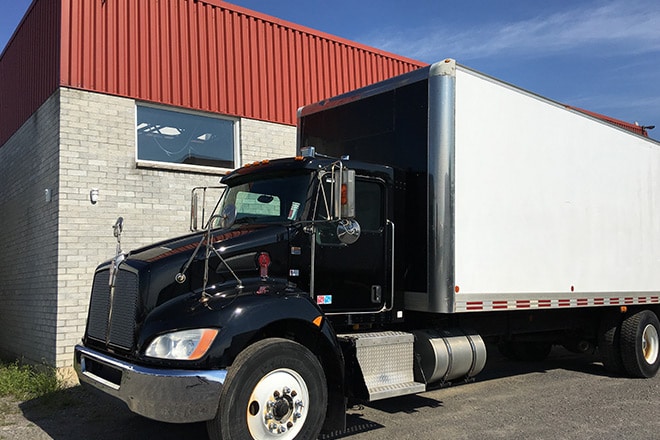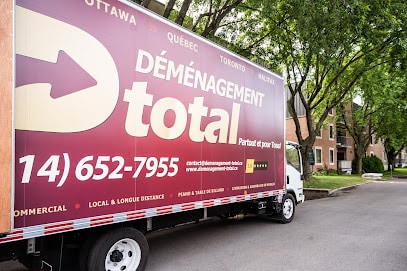10 Tips for Long-Distance Moving
Introduction
We often hear the “long-distance moving” expression. But what does it mean exactly? Essentially, that is when the distance between your old house and the new one is beyond a certain threshold. The threshold varies depending on the market and, for the Greater Montreal Area, moving beyond a radius of 60 km is considered being long-distance moving.
The more the distance to cover is important, the more complex is the operation. We will examine together 10 important tips related to such move. Many of those tips are cost-related, because the cost is greater than when making a local move, and we will see how to reduce the final bill.
For the purpose of this article, and to realize the complexity of the task, imagine you are moving from Montreal to Toronto.
1. Hire Professionals
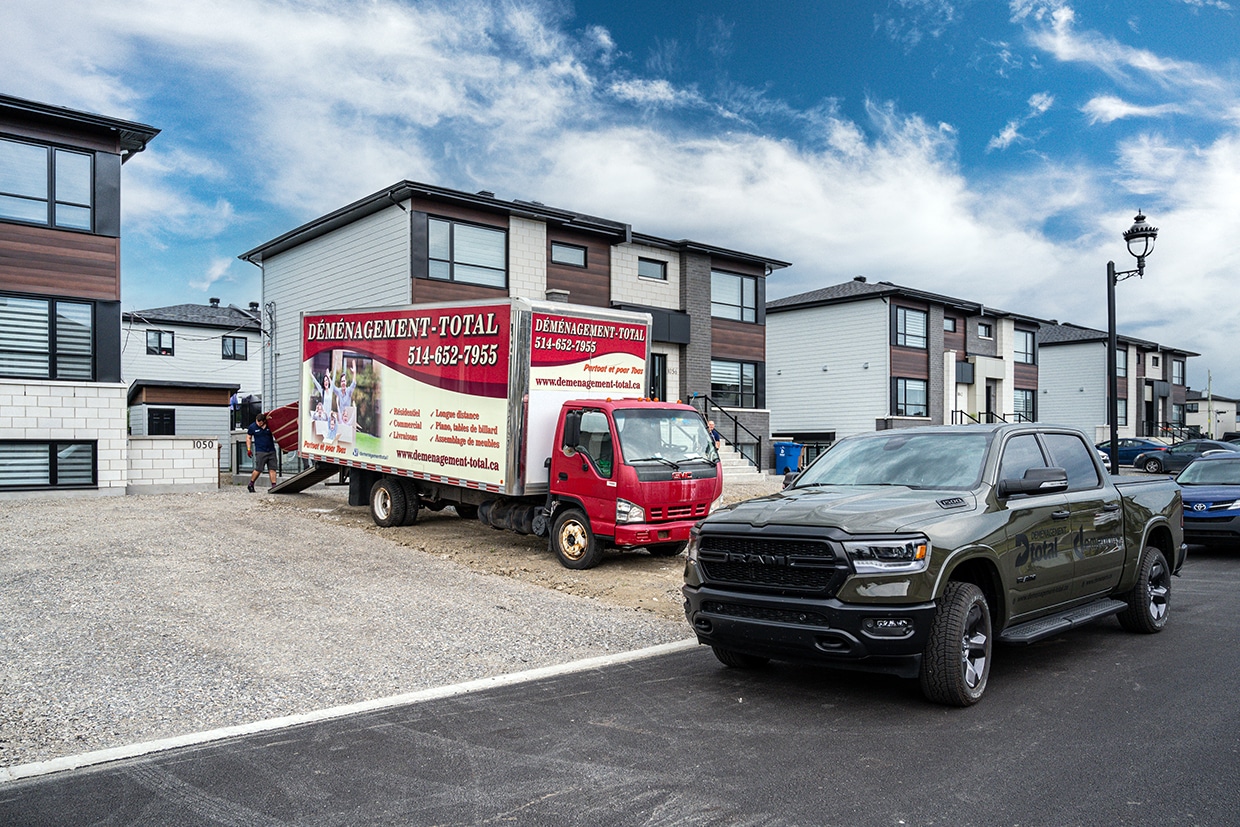
Moving within the same city is easy; you invite a few friends and you do multiple round trips with a small vehicle and you end the day with pizza and beer. But this strategy is impossible when long-distance moving is involved, because the multiple round trips will be extremely costly both in time and in money (gas, restaurants, hotels, etc.). It is much better to hire a professional moving company, like Demenagement Total.
2. Do an Inventory

Long-distance moving prices greatly depend on the weight of what you have to transfer to your new address, including for gas costs reasons. So, do an inventory of what you have and ask yourself if you really want to pay to transport each item, considering its weight (thus moving cost). You could realize you do not need many items and that would reduce your moving costs.
3. Furniture and Appliances
For furniture and household appliances, the necessity is even more important. The farther you plan to move, the less likely moving the furniture and appliances is a good idea. With long-distance moving, it is sometimes much more economical to sell all your old furniture and buy new one at the new location. Depending on the distance of the move, you might have to ask yourself the same question about your car.
4. Ask for Detailed Quotes

Contact three or four movers and ask for a detailed quote. Of course, compare the prices, but also the entire range of services. Does the quote mention specifically gas or kilometre surcharge? If you are going quite far, like Halifax, how many movers will do the trip? Does the company have strategies or methods to reduce your cost?
5. Cost
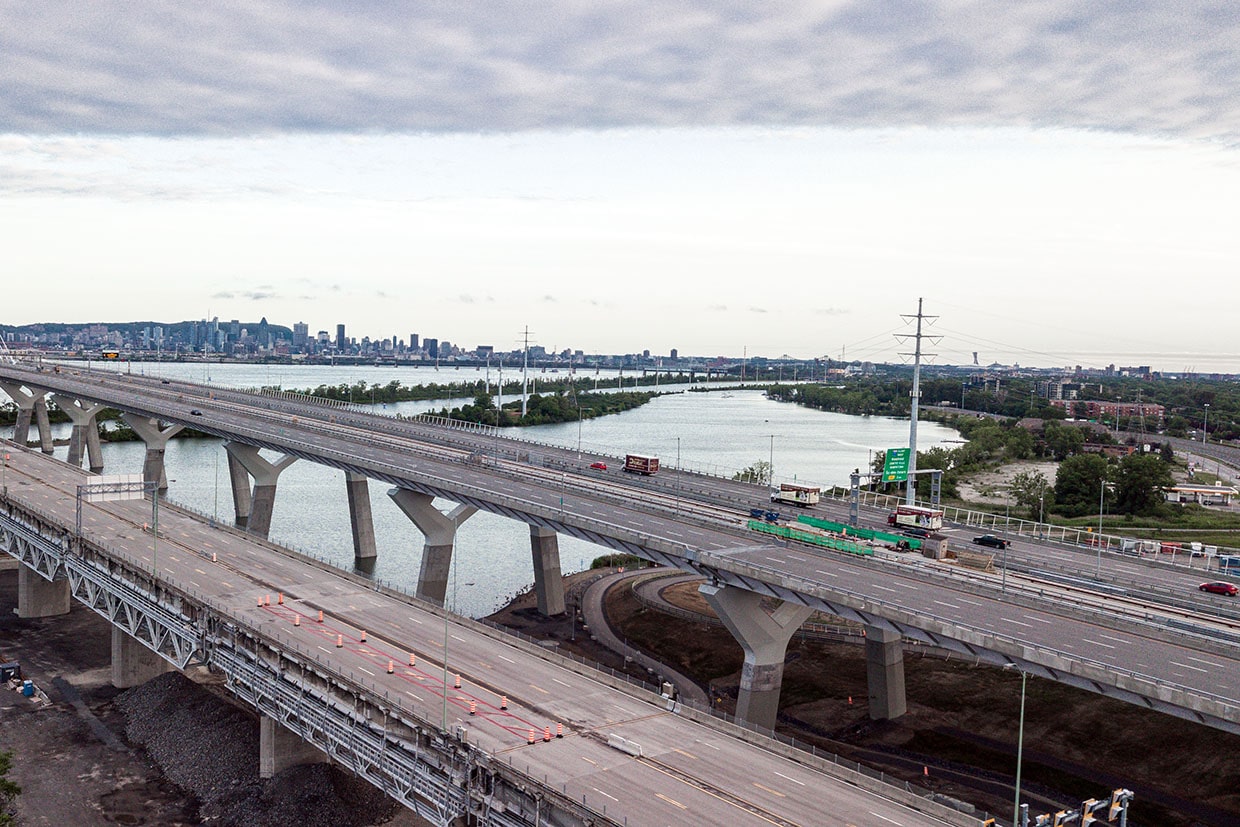
Long-distance moving costs more than a local move. That is partly because of the distance, of course, but also because of the use of larger trucks, so they are more expensive. Think about setting up a moving fund as soon as you think about moving and, if you are moving for work, ask your employer if they will cover part or all your moving expenses. In all cases, keep all your receipts for taxes.
6. Forbidden Items
It is forbidden by law to transport some articles in a moving truck, that is even more important to consider if you plan a long-distance moving operation, because the movers will not be able to do a small exception. Among those, we find inflammable products, perishable food, plants, animals, etc., that you will have to move on your own.
7. Valuable Objects
As much as possible, bring valuable objects with you. That is not really a matter of trust towards the movers, but of insurance and safety. We talk here about small-size items like jewelry, small portable electronic devices, collection items, etc.
8. Pack Better
When you are planning for a long-distance moving transfer, it is even more important to pack your things correctly, adding some padding and protection than if you were making a local move. Similarly, the boxes must be more resistant to resist the journey and its various surprises.
9. The Right Time
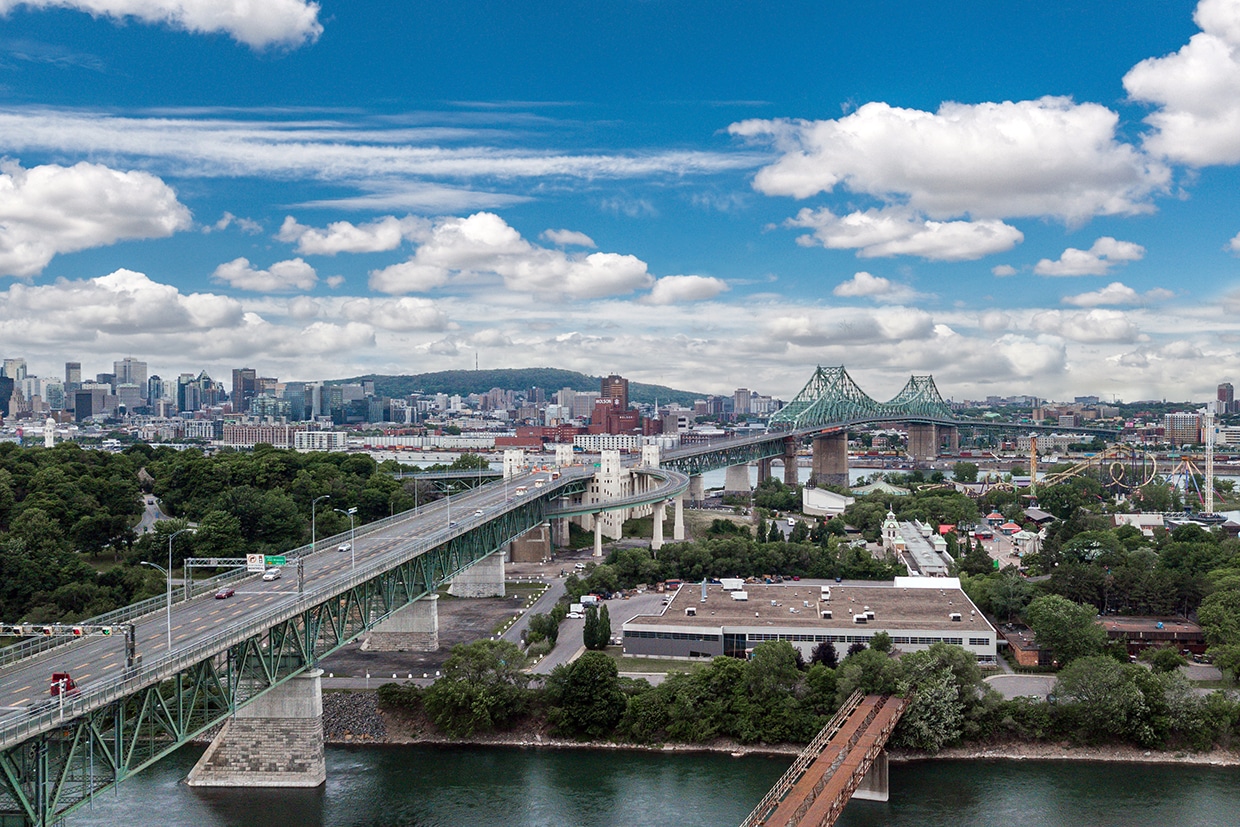
Since long-distance moving is already more expensive than a local moving operation, the best moment to do it is during the week, in low season. As much as possible, avoid the weekends and the high season of the summer, including the ultra-high season around July 1st in Quebec.
10. Inspect Before Leaving
That seems obvious, but if you forget items in your old residence, that will be complex and costly to get them back. Do not forget storage spaces that you could have elsewhere; it can be very easy to forget a location where you have stored something a long time ago.
Conclusion
For long-distance moving, you need a bit more planning and a lot more care. If you apply these few tips, you will be better prepared and you will have solutions to reduce the cost of this important operation.
You also need to hire professionals, because logistics for a long-distance move is much more complex than moving in the same city or region.
Your friends will be very useful during the packing stage, but not so much for the long-distance moving operation itself. Some companies, like Demenagement Total, can also see if it is possible to combine your move with another one going in the same direction, or doing the inverse journey, to reduce your costs.
In all scenarios, contact us right from the moment you are considering a long-distance moving transfer; it is much better to be too early than too late, even if you do not have all the details yet. We can assist you with the preparations.



